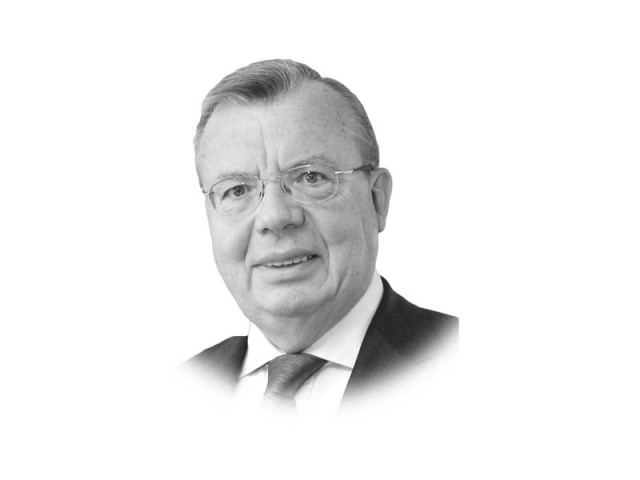International drug policy is meant to put people first
There are around 27 million individuals in the world dependent on the drugs they use

The writer is the Executive Director, UN Office on Drugs and Crime
Before the Vienna meeting, a series of other events were held in international capitals involving scientists, academia, other organisations, as well as civil society. The overall process, driven by countries, was open, transparent and inclusive in embracing experiences and lessons learned. Given the different histories, cultures and traditions of countries, reaching agreement on such documents was never an easy proposition. But the United Nations has always striven to build accord and amity.
There are around 27 million individuals in the world dependent on the drugs they use. This includes 12 million people who inject drugs. Elsewhere, the challenges are equally severe. Opium production in Afghanistan creates serious problems, not just for the West and Central Asia, but across the world. Deadly new psychoactive substances, the ravages of cheap heroin in North America, increased cocaine consumption in West and East Africa, show that there are more hotspots than bright spots globally. Then there is the pervasive violence associated with illicit drugs that bludgeons countries and communities, especially in Central America. Possible links between criminals, including drug traffickers and terrorists, are also the cause of growing anxiety.
Produced over several months of high-level negotiations and broad discussion, the outcome document is the best attempt to craft solutions to these dramatic problems. In doing so, it seeks to turn fine words into bold operations that can impact lives for the better. The document stresses that the international drug control conventions have the necessary flexibility to confront the challenges of drug use and abuse.
What does this mean in practical terms? It means exploring alternatives to incarceration for minor offences of possession, and ensuring access to drugs for medical purposes. Just as importantly, it promotes health, including efforts against HIV, within a comprehensive and balanced approach that also enhances law enforcement to deal with the illicit drug supply. Behind the document, however, lies a much deeper purpose: an acknowledgement that our policies support people and communities — that we must put people first.
Children facing pressure to take drugs, vulnerable women compelled to act as drug mules, and impoverished farmers growing illicit crops who seek an alternative livelihood, are the outcome of the document’s true constituency. Conference room negotiations are not the end, they are the means. The UNGASS process is strongly connected to the real lives of people. We should not lose sight of this fact.
One of the key principles of the international drug control conventions is the need for shared responsibility. No country can solve this problem alone; no country can exempt itself from the search for solutions. The outcome document to be presented in New York is directly linked to this principle; it is a statement that, while it is difficult to please everyone, promotes cooperation and partnership. The world can benefit from such unanimity. Consensus may not be pretty, but it is the best way of progressing against a global threat that desperately needs unity of action.
Published in The Express Tribune, April 19th, 2016.
Like Opinion & Editorial on Facebook, follow @ETOpEd on Twitter to receive all updates on all our daily pieces.















COMMENTS
Comments are moderated and generally will be posted if they are on-topic and not abusive.
For more information, please see our Comments FAQ